How to couchsurf podcast
We have used couchsurfing in every continent we’ve travelled in: to meet new friends, find a free place to stay, and get an idea of local life in the cities and regions we’ve visited. In this podcast, we look at how to couchsurf.
To listen, hit play below or find episode 196 in iTunes, Stitcher or Soundcloud:
What is couchsurfing?
Couchsurfing is a real-life social network for travellers. Rather than searching for people you know, it’s about finding people you’d like to meet in the places you’re going to visit. Not only can you arrange to meet for a drink somewhere, but you can also often request to stay with them — on their couch or sometimes in a guest room.
- Like Facebook, you fill out a profile and people can find you, based on your location.
- You can choose to offer someone a bed or to meet for a drink and show someone around your town.
- Travellers can look for free places to stay, and learn more about the places they visit.
How to couchsurf
For travellers, couchsurfing is as simple as creating a profile on Couchsurfing.org and then looking for a suitable person to stay with or meet. However, your chances of finding a good host are improved by creating a good profile.
People wanting to host travellers also need to fill out a profile. Think about where in the house your guests can sleep, and take a photo of the sleeping space if possible. Also think through the types of people you’d likely accept and if there’s any particular time of the year that you can’t host.
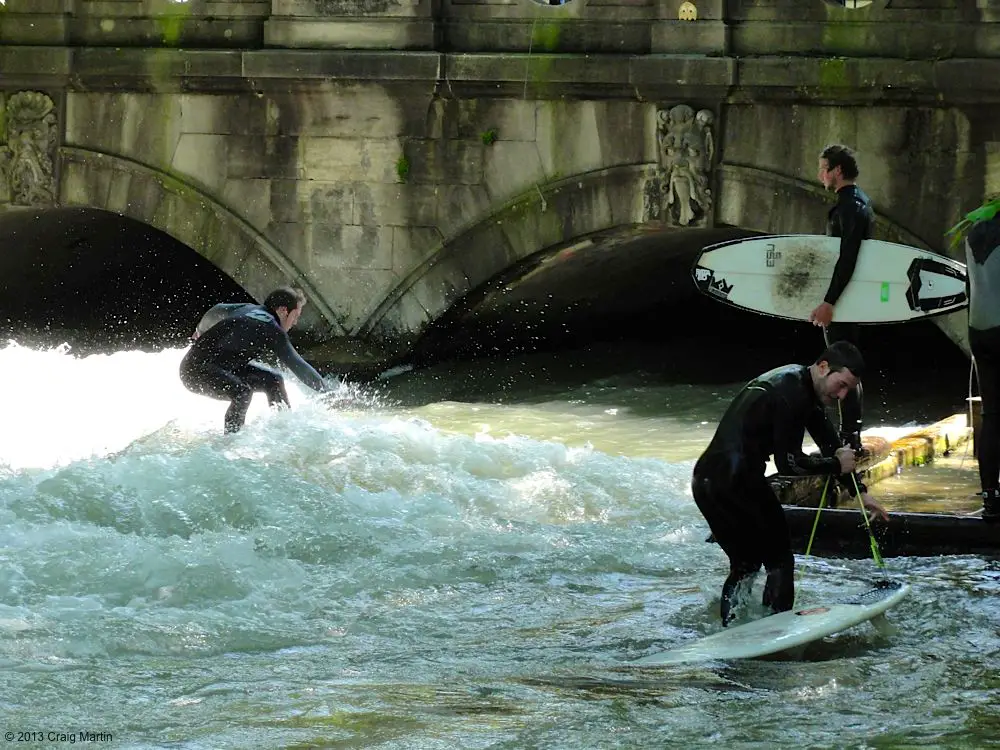
Your profile
Apart from your fine self, your profile is the most important part of your couchsurfing life. In addition to the normal essentials, like name and location, there’s several fields in the couchsurfing profile that allow you to showcase a bit about who you are.
This is actually really important, because if you’re looking to be hosted, or want to host people, it’s good to know a bit about the people you’re going to meet! You want to like them, or at least find them interesting! Be transparent, be honest — help people make a decision about if they’ll enjoy your company or not.
Being a couchsurfing host
- Please be on time and do what you say you will. People in a strange city can get spooked by no-shows.
- Have a clean spot for people to sleep on.
- Give guests space for themselves, but also suggest things to do, etc.
- Let your guests know if you’d like them to eat with you, or would prefer if they did their own thing. If the latter, let them know if they can use the kitchen to prepare their own meal.
- Remember that people are coming from different cultural and often different social and economic backgrounds from you. Always look for ways to not get offended, and don’t feel bad about telling your guests if they’re acting inappropriately.
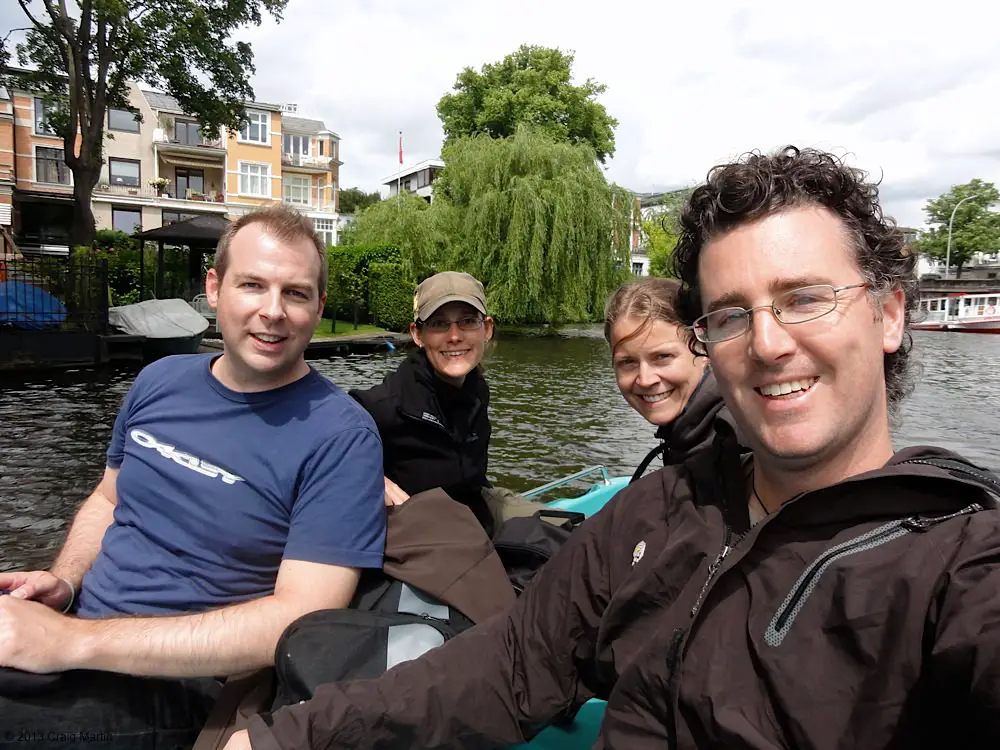
Being a couchsurfing guest
- Just like hosts, be on time and do what you say you will.
- Have time in your day (and night) to hang out with your host, but don’t expect them to provide all the entertainment.
- Clean up after yourself and go the extra mile with dishes, etc. when appropriate.
- Plan to eat by yourself, offer to cook for your hosts, or have the budget to invite your hosts out for a meal.
- Have a gift ready for your host; maybe something from home. (Postcards make very light souvenirs to carry around.)
- Be aware of cultural differences, and try to follow them! Don’t be lazy on small stuff.
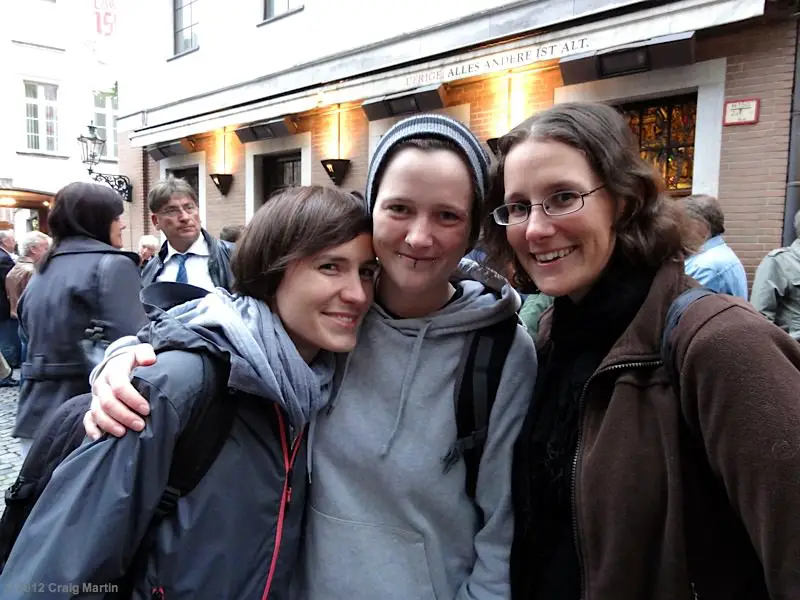
Is couchsurfing safe?
Yes, we’ve found it to be safe — as did Stephanie Lee, author of Art of Solo Travel who spent nine months couchsurfing around the world. There have, however, been some unfortunate and well-publicised accounts of violent and non-violent crimes perpetrated by bogus couchsurfing hosts. Nothing is 100% safe.
There are obvious safety risks inherent in couchsurfing: at the end of the day, you’re turning up at a stranger’s house – often by yourself.
Safety tips for couchsurfers:
- Look carefully at people’s references, and ask questions of people who leave ambiguous reviews.
- Arrange to meet in a public place, like a café near their house.
- Always have a backup plan. We keep contact details for a nearby hostel just in case.
- Always let someone know where you’re going (forward address details to a trusted friend, and call or email to let them know how things are going there once you’ve arrived.)
- If you’re at all concerned, don’t go!
Visit couchsurfing or find more information on cheap accommodation.





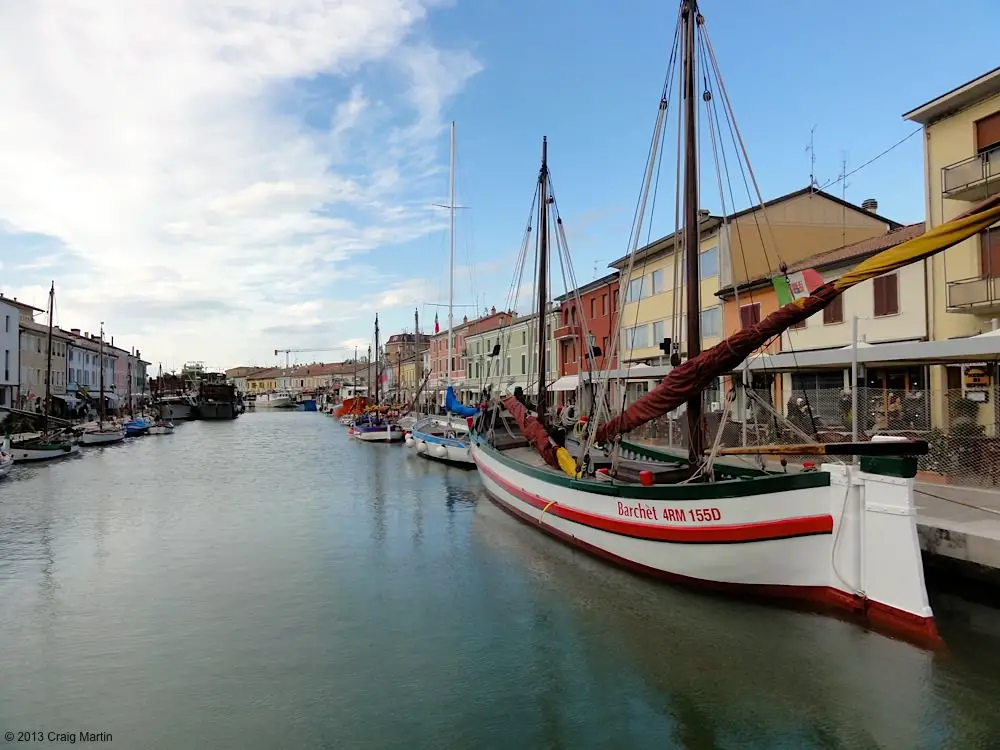


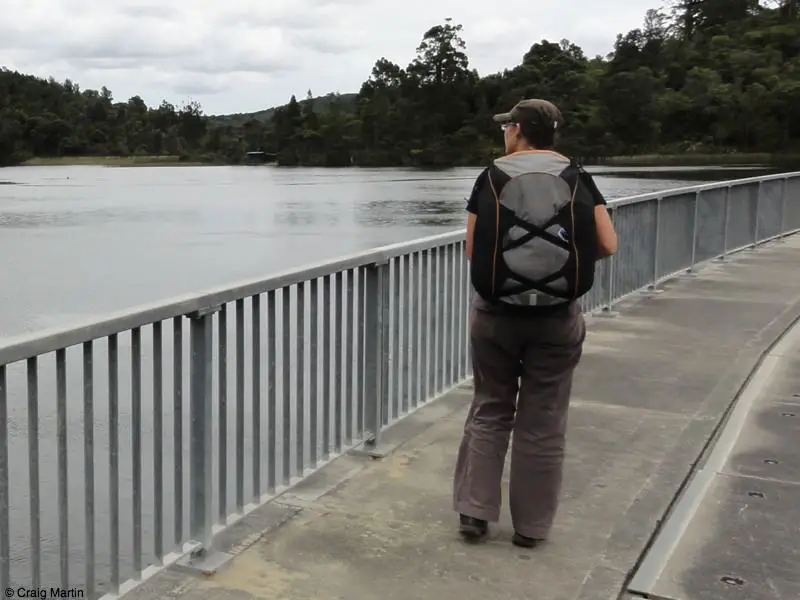
Really pleased you did an episode on this, guys! I liked the way you laid it out too, from both the point of view of surfers and hosts. I would add a couple of points regarding the request system:
*As a surfer, use the host’s name in your message and mention in it why you want to meet/stay with that person in particular (i.e. don’t copy and paste requests)
*As a host, if you receive a couch request in which the surfer hasn’t used your name and/or has obviously just copied and pasted the message, don’t accept them; reply with something like “please read my profile, then send a request”. This way, people who are taking advantage of (and misusing) the system just to get free accommodation will be weeded out.
Thanks Sam, some excellent additional tips too!
Another awesome thing about couch surfing is lots of cities have active couch surfing groups that organise meet ups and activities. For example the Oxford group meets every Tuesday evening in a different pub and often there are other things happening during the week and weekend.
When you have just moved to a new city this is an awesome way to make friends and find out about what there is to do in the city.
Good advice all around. I might add that it’s important to be flexible, both as a surfer and a host.
I get 5-10 couch requests a day, and I say yes to most of them as long as the person has a filled out profile with photo and references. But arrival and departure dates are always fluid for travelers.
As a host, I understand that it’s not always possible to let people know what’s happening, say if your bus is cancelled or breaks down in the middle of no where and you don’t have a phone or internet access.
And as a surfer, giving your host as much information as possible (I’m taking this bus at this time) and then following up when you can works very well.
Great additional advice Kellie and Leigh. There’s just so much going on in the couchsurfing community it was impossible to fit it all into one podcast – we really appreciate the additional tips.
Very good article. Couchsurfing is just such an incredible way of getting to know and experience the more local side of travel. I think that one of the most important things to do is to adapt (out of respect) to the person you are staying with.
Just as an example: if your host doesn’t drink (and you do), consider taking a break and adapting to the person who is hosting you. It just makes everyone a little more comfortable.
Very true, Mark. It’s exploring a little of how others live that makes couchsurfing so fun.